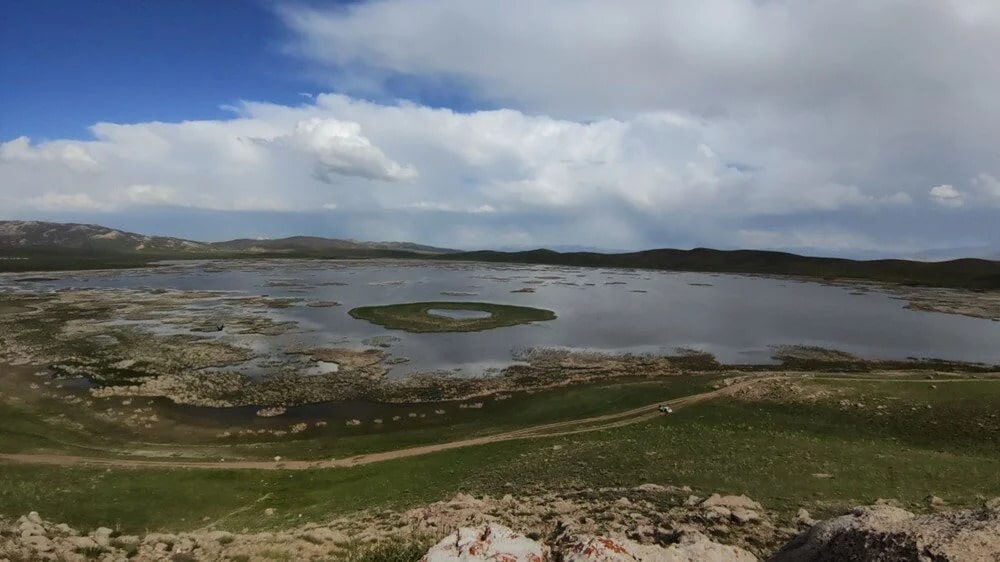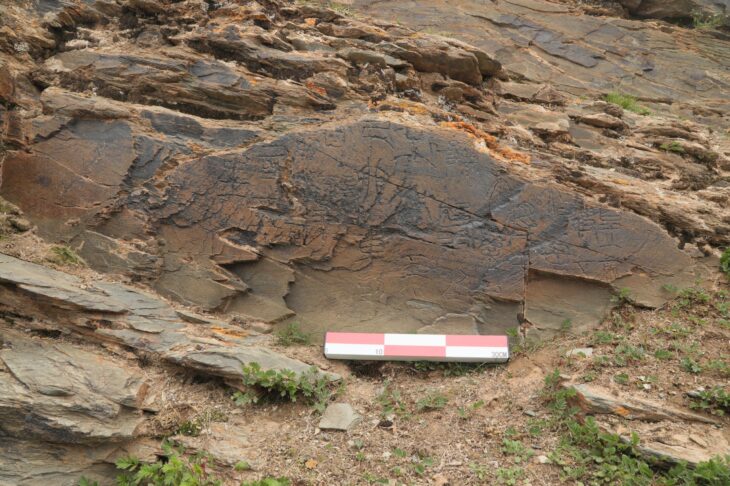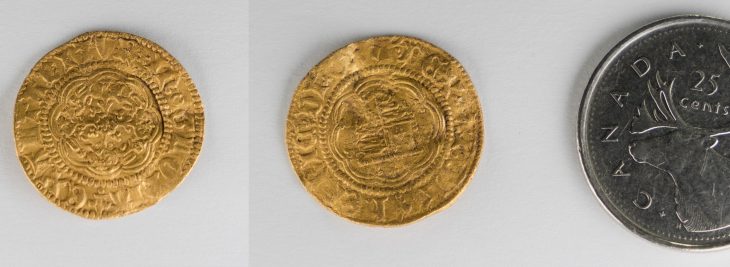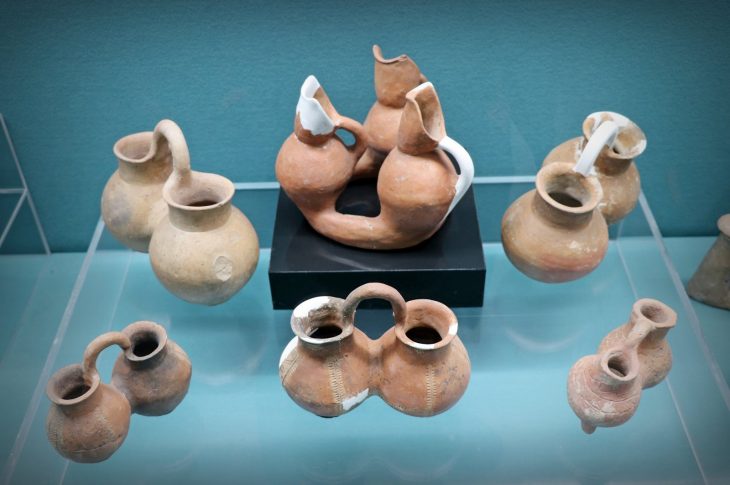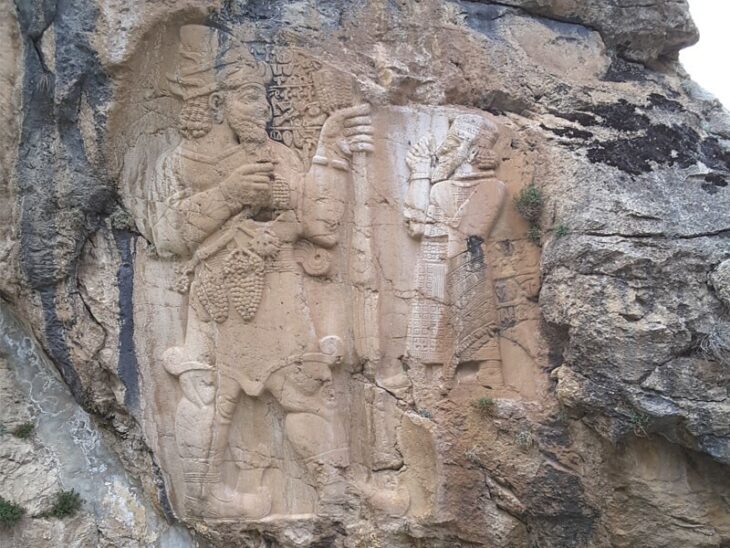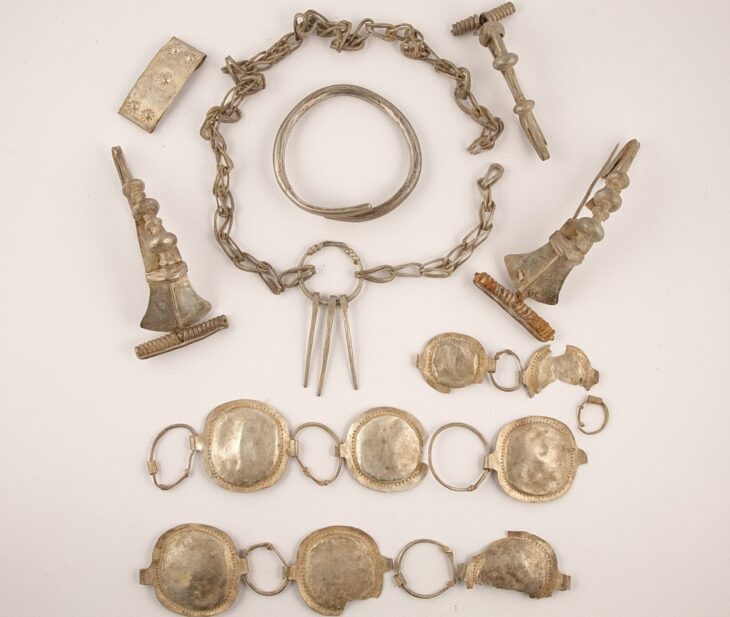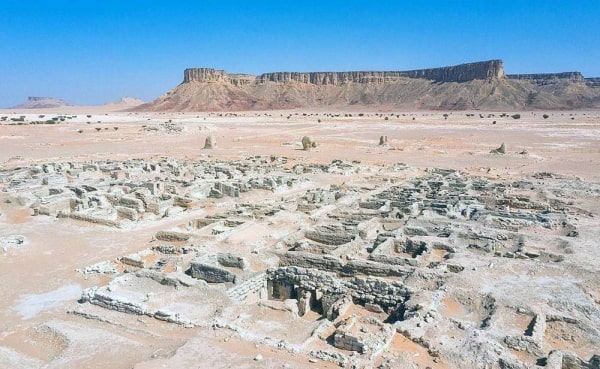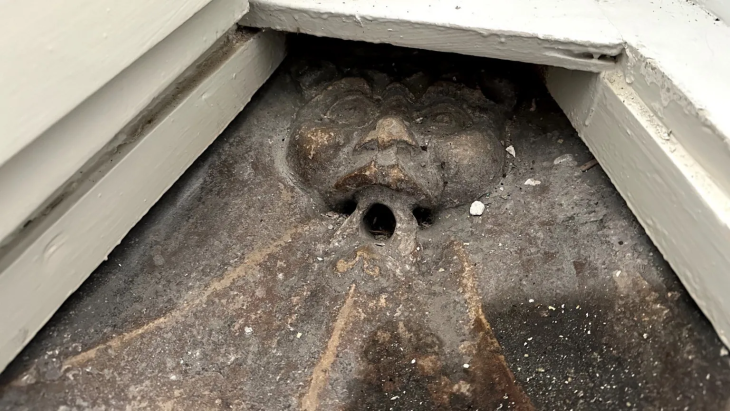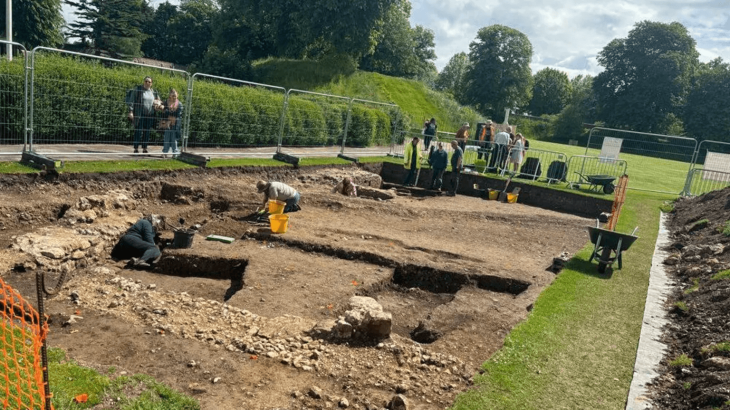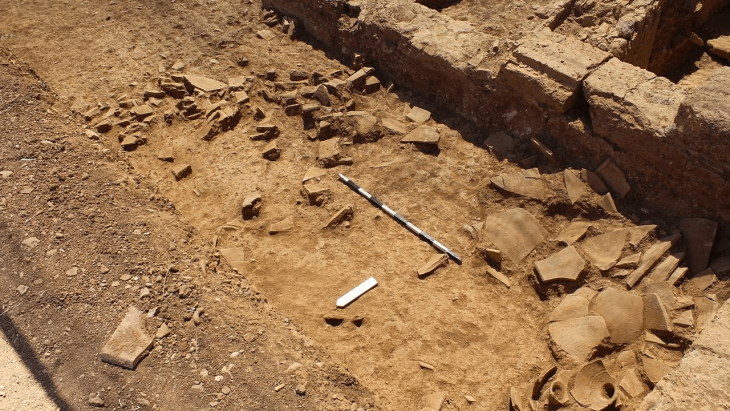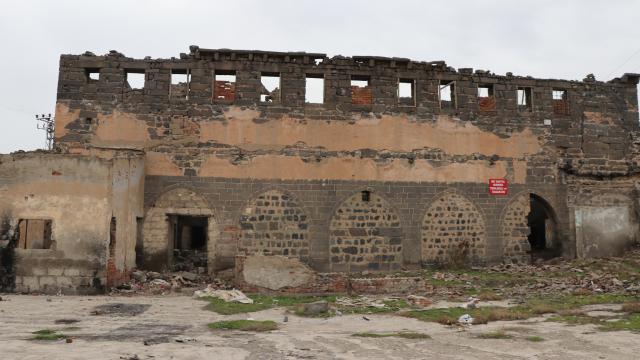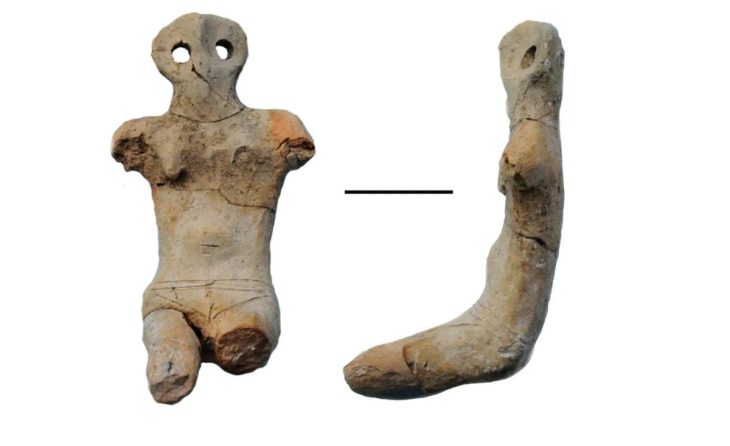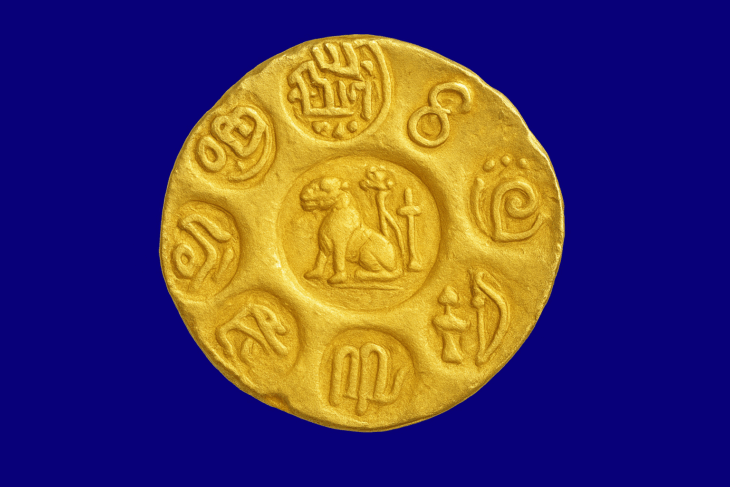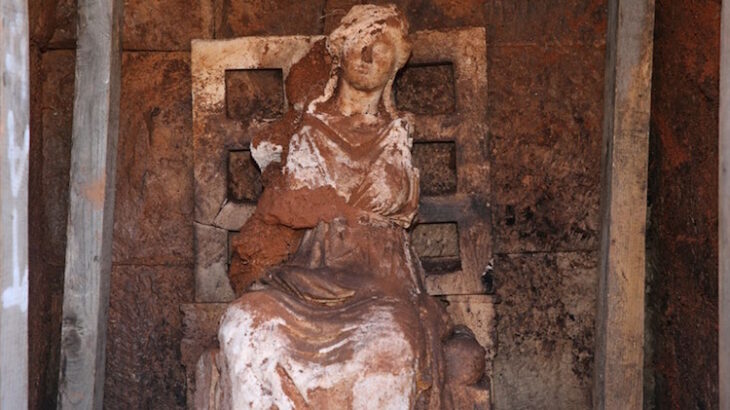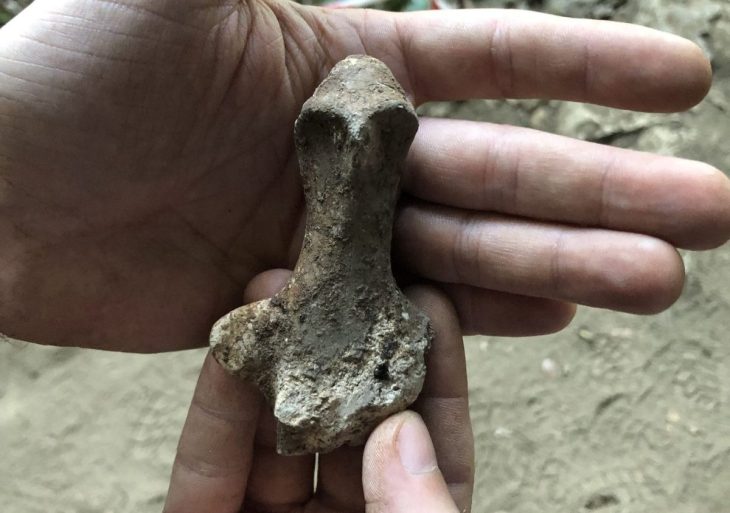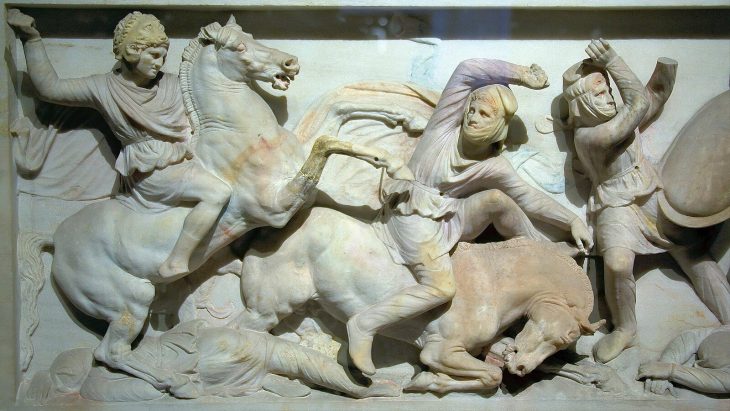Keşiş Lake in Van, in eastern Turkey, which was built by the Urartu King Rusa 2,800 years ago, was negatively affected by drought. High temperatures caused the water level of the lake to decrease and a large part of it to dry up.
The lake, as the name of its producer, Rusa Lake, because it lives intensely, Turna Lake, the names of Monk Lake or Wide Lake are given by the local people.
Keşiş Gölü is an artificially-created lake located 23 km east of Van, in the Varak Dağı massif. The lake was made by the Urartian king Rusa, son of Erimena, to ensure a constant water supply for the capital Tušpa.
Its height from the sea is 2,550 m and its area is 4–7 km2 depending on the rainfall. The lake, where 20 million m3 of water can be stored, has a water collection basin of 100 km2. The lake is located on a plateau with cold spring waters.
During the reign of Urartu King Rusa II. (685-645 BC), a small river was blocked by two dams to create a reservoir lake. This lake, which was an engineering masterpiece of its time, has been operating as an irrigation system for 2800 years.
📣 Our WhatsApp channel is now LIVE! Stay up-to-date with the latest news and updates, just click here to follow us on WhatsApp and never miss a thing!!
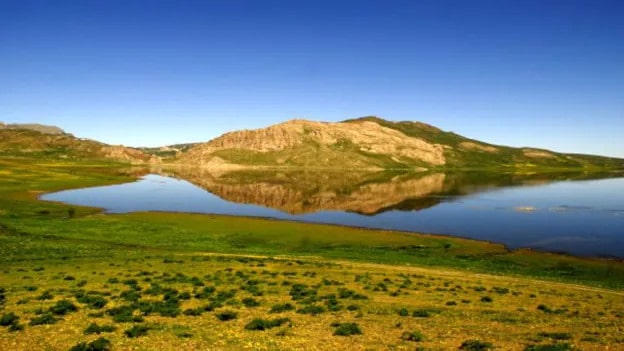
Four Urartian inscriptions, including a rock relief, were discovered in its vicinity. The upper part of a stele, the so-called Keşiş Göl stele, records the creation of Rusai Sue (Lake Rusa).
It has long been a destination for tourists, especially in the spring, when the multicolored foliage around the lake is in full bloom.
In 2021, Keşiş Lake was designated as a “sensitive area that needs protection”. This designation was meant to protect the lake as a natural wonder. However, water levels have now dropped to a historic low and the lake is in danger of disappearing entirely.
Van Yüzüncü Yıl University, Faculty of Literature, Department of Geography, Professor Dr. Faruk Alaeddinoğlu, who expressed that there are many lakes of various sizes in the basin, stated, “One of these lakes is Turna (Keşiş) Lake. Turna Lake is a very special lake that is used for both recreational purposes and actually serves as a lake we utilize for agricultural activities of the local people in the region. It meets the irrigation water needs as well. However, witnessing the recent decline in the lake’s water level during a field survey a few days ago was quite saddening.”
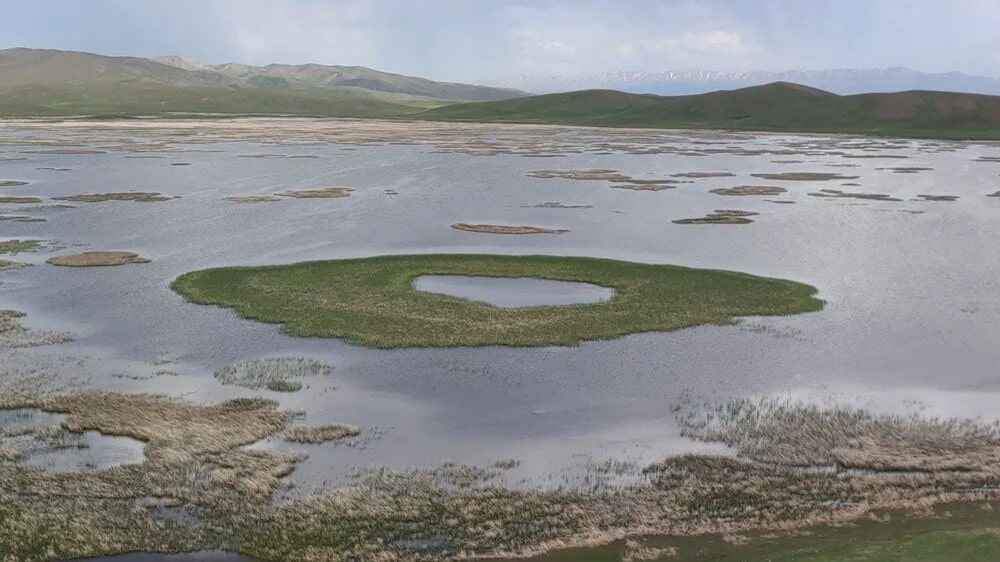
Alaeddinoğlu stated that the region largely lacks snowfall, saying, “Because there are no high mountainous areas in this region. Therefore, snowfall does not occur. Consequently, the expected precipitation did not take place.”
Alaeddinoğlu, emphasizing the need to find a solution to the drought, continued his statement as follows:
“Especially in the area where dams are built for the water needed by the people in the region, the water level has currently dropped below those dams. Therefore, unfortunately, the villagers cannot meet their needs from the lake. This decline will continue because there are no new water sources feeding that area. Water resources will already decrease from now on. Evaporation will also contribute to water loss.”

